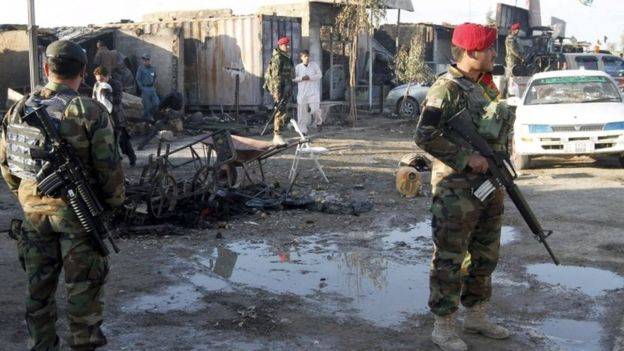No terrorist group claimed the massacre in the southern city of Kandahar, Afghanistan that killed five UAE diplomats and injured the ambassador. However, the Afghan authorities were quick to condemn the Afghan Taliban who had claimed responsibility for the attack on the Kabul Parliament, as well as Pakistani intelligentsia. In the aftermath, senior Taliban officials have sought to reassure the United Arab Emirates that it was not behind the Kandahar attack, claiming that, "We have very cordial relations with some of the Islamic world including the UAE and we would never want to target them.”
More than a dozen Afghan and foreign officials were killed last week and the Taliban have denied responsibility, instead accusing "covert intelligence circles" close to the Afghan government of carrying out the attack to “damage relations between the insurgents and a friendly Arab government.” While foreign diplomats should be afforded maximum security, the Taliban statement points to some support in the Gulf State for the Afghan Taliban. The UAE was one of the few countries to recognise the former Taliban government in the 1990s although it broke relations in the wake of the September 11 attacks on US targets in 2001.
A number of senior Taliban members live in Qatar, where the movement opened a political office in 2013. It is surprising that these Arab states are not criticised or questioned for their open links with the Afghan Taliban that continue to be a problem for the stability of Afghanistan.
Meanwhile, the Afghan Taliban blame the Afghan Government, which in turns blames Pakistan. Yet there are many other players in the game, including India and Arab states. While we know India’s hegemonic plans, where do the loyalties of these Arab states lie and to what extent are their relations cordial with the Afghan Taliban? No one asks these pertinent questions, while Pakistan has been made to unfairly take responsibility for all crises in the region.






